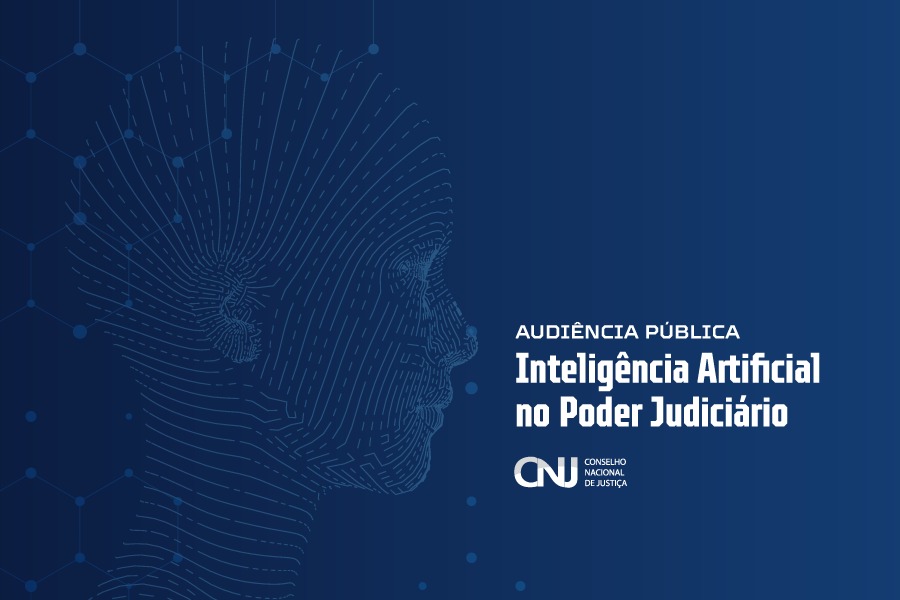
The National Council of Justice (CNJ) calls, through a notice, institutions and experts that can contribute to the regulation of the use of artificial intelligence in the Judiciary. Those interested in participating as exhibitors during the public hearing scheduled for September 25th, 26th and 27th have until September 16th to register.
Read here the full convocation notice .
A minuta de resolução indica alterações na Resolução CNJ 332/2020, que estabelece diretrizes sobre ética, transparência e governança na produção e no uso de Inteligência Artificial (IA) no Judiciário brasileiro. O texto foi desenvolvido pelo Grupo de Trabalho sobre Inteligência Artificial no Poder Judiciário (GTIA), do CNJ. A audiência pública será presidida pelo presidente da Comissão de Tecnologia da Informação e Inovação do CNJ, conselheiro Luiz Fernando Bandeira de Mello Filho. Os debates serão transmitidos ao vivo pelo canal do CNJ no Youtube.
The draft resolution indicates changes in the Resolution 332/2020 of the CNJ, which establishes guidelines on ethics, transparency and governance in the production and use of Artificial Intelligence (AI) in the Brazilian judiciary. The text was developed by the Working Group on Artificial Intelligence in the Judiciary (GTIA), of the CNJ. The public hearing will be chaired by the President of the Committee on Information Technology and Innovation of the CNJ, Councilor Luiz Fernando Bandeira de Mello Filho. The debates will be broadcast live on the YouTube channel of the CNJ.
The form is available on the site of the CNJ.
The draft text lays the foundations for the development, governance, audit and responsible use of artificial intelligence solutions by courts. According to the proposal, AI projects should ensure respect for fundamental rights and democratic values, promotion of the well-being of people who access justice, innovation in the public sector, with emphasis on stimulating collaboration between courts, and the centrality of the human person, through participation and human supervision in all stages of the development cycles, among other points.
The proposed normative act also conceptualizes some words and terms related to the universe of artificial intelligence. AI, in the draft, is classified as a machine-based system that, with different degrees of autonomy, understands, from a set of information that it receives, how to generate results such as forecast, content, recommendation or decision that may influence the virtual environment, physical or real.
A thorough assessment of the risks of using AI by courts is also among the new guidelines proposed in the draft. Each body will be responsible for a preliminary evaluation of solutions that use artificial intelligence techniques before their production or introduction into service.




